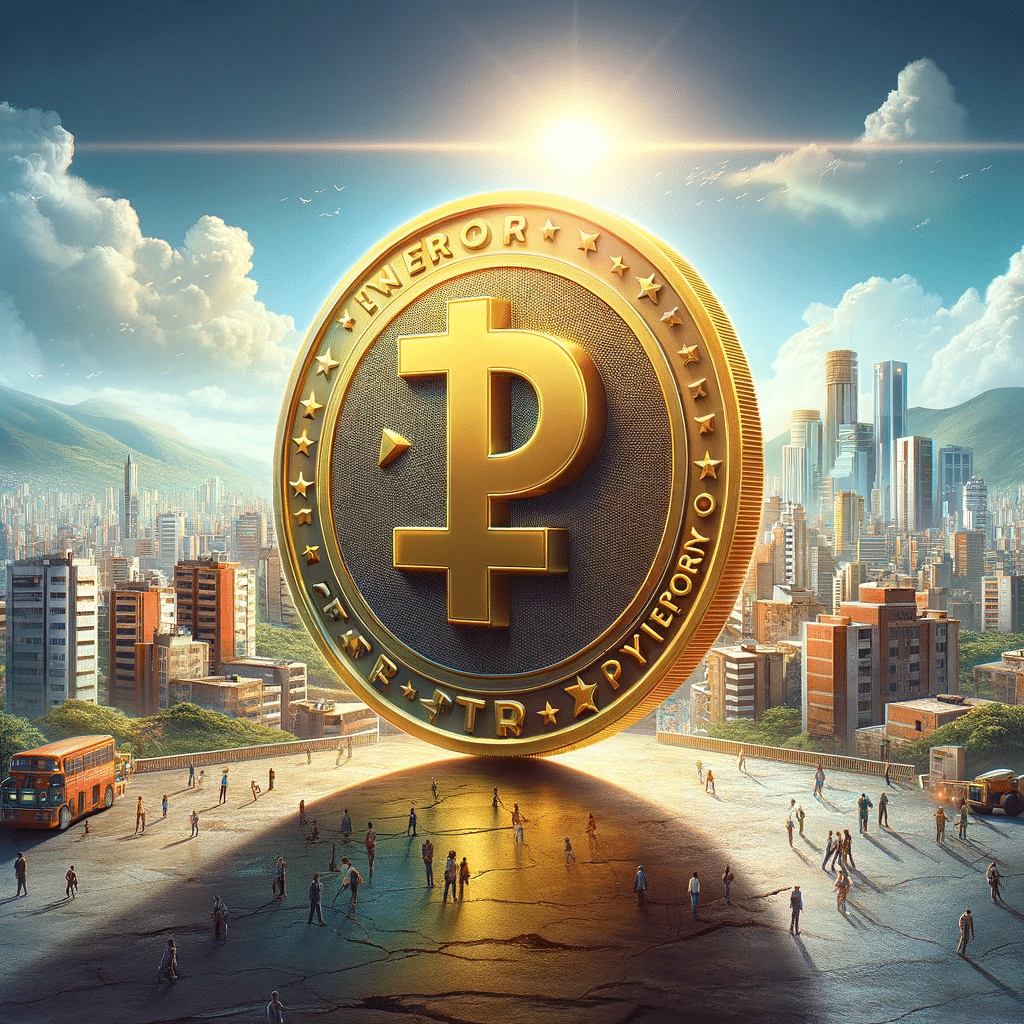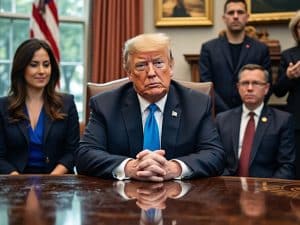Game Over for Good for Venezuelan National Cryptocurrency Petro (PTR)

Game Over for Good for Venezuelan National Cryptocurrency Petro (PTR)
The Venezuelan national cryptocurrency, Petro (PTR) has ceased operations from January 15th onwards. Introduced in 2018, the Petro was aimed at circumventing U.S. sanctions Venezuela faced, but failed to gain traction. Supported by the country’s oil reserves, the Petro was launched following significant devaluation of the Venezuelan bolivar due to U.S. sanctions.
The currency, however, never traded internationally and was not adopted as legal tender. Even Banco de Venezuela, the country’s largest bank, did not accept Petro without a presidential order. Shortly after its introduction, Joselit Ramirez Camacho, head of the National Superintendency of Crypto Assets overseeing the Petro, was arrested for alleged ties to drug trafficking.
The final blow came from a corruption scandal last year involving mismanagement of funds from oil operations with crypto assets. This scandal led to the resignation of the influential petroleum minister Tareck El Aissami and the arrest of dozens of officials, including top managers of the Sunacrip crypto regulator. It also triggered a crackdown on bitcoin mining in Venezuela, where cryptocurrencies like bitcoin have been popular against hyperinflation and the bolivar’s deflation.
A 2022 survey at the United Nations Conference on Trade and Development revealed that 10.3% of Venezuelans own crypto, compared to 8.3% of Americans and 5% of Britons.
Background on the Petro
The Petro (₽), or petromoneda, launched in February 2018, was a crypto token issued by the Venezuelan government. Announced in December 2017, it was designed to be backed by Venezuela’s oil and mineral reserves, supplementing the faltering hard bolívar currency, as a means to bypass U.S. sanctions and secure international financing. In August 2018, the sovereign bolívar was introduced, purportedly linked to the petro’s value.
In January 2018, Maduro announced the issuance of 100 million Petro tokens, valuing the total issuance at over $6 billion. A cryptocurrency advisory group, VIBE, was established to launch the Petro. Carlos Vargas was named the “Superintendent of Cryptocurrencies”.
The National Assembly, controlled by the opposition Democratic Unity Roundtable, declared the Petro illegal and refused to recognize it. The Petro’s pre-sale began on February 20, 2018, and ended on March 19, 2018, with 38.4 million tokens available. The government claimed to have raised $3.3 billion, but this was not independently audited.
The Petro’s technological identity was confusing, initially slated for the Ethereum platform, then changed to NEM at launch. In October 2018, the white paper was revised again, and a core Ethereum developer, Joey Zhou, noted that it blatantly plagiarized from Dash’s GitHub repository. The Petro was effectively a Dash fork. On February 21, 2018, Venezuelan President Nicolás Maduro announced Petro gold, a gold-backed cryptocurrency. It was unclear whether the backing would be actual gold reserves or part of the country’s untapped mineral wealth.
The Petro’s erratic launch and management, coupled with the corruption scandal and its failure to gain acceptance, marked its demise.





